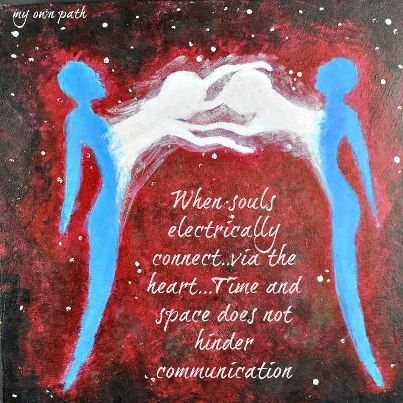Today is the first day of the 6th week of The Counting of The Omer: Chesed of Yesod:
Love is the heart of bonding. You cannot bond without love. Love establishes a reliable base which allows bonding to build on. If you have a problem bonding, examine how much you love the one (or the object) you wish to bond with. Do I try to bond without first fostering a loving attitude? Is my bonding expressed in a loving manner?
Love is the heart of bonding. You cannot bond without love. Love establishes a reliable base which allows bonding to build on. If you have a problem bonding, examine how much you love the one (or the object) you wish to bond with. Do I try to bond without first fostering a loving attitude? Is my bonding expressed in a loving manner?
Moses is up on the mountain prepping for the Revelation of The Torah.
Here we go………
Behar
The thirty-second reading from the Torah and second-to-last reading from the book of Leviticus is called Behar (בהר), which means “On the Mountain.” The name comes from the first words of the first verse of the reading, which could be literally translated to read, “The LORD then spoke to Moses on Mount Sinai” (Leviticus 25:1). This portion from the Torah introduces the laws of the sabbatical years, the jubilee and laws concerning redemption. In most years, synagogues read Behar together with the following portion, Bechukotai.
Bechukotai
The last reading from the book of Leviticus is called Bechukotai (בחקותי), which means “In My Statutes.” The name comes from the first verse of the reading, which begins with the words “If you walk in My statutes …” (Leviticus 26:3). This last reading from Leviticus promises blessings and rewards for Israel if they will keep the Torah, but punishment and curses if they break the commandments of the Torah. The last chapter discusses laws pertaining to vows, valuations and tithes. In most years, synagogues read Bechukotai together with the preceding portion, Behar.
